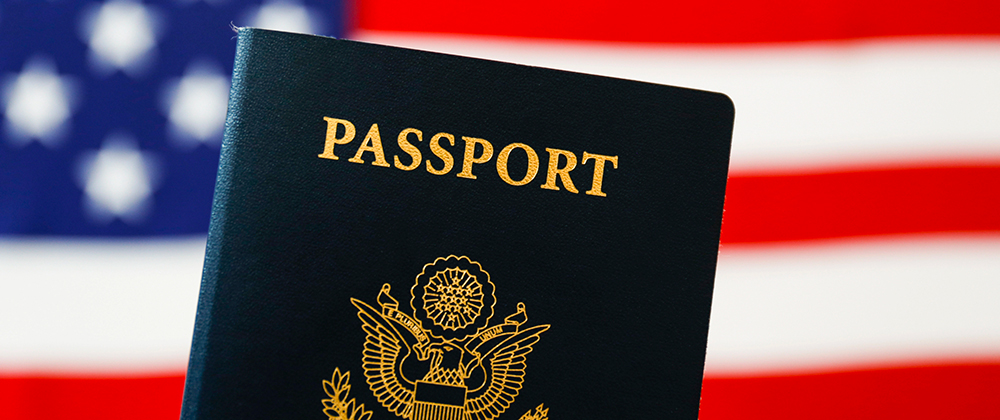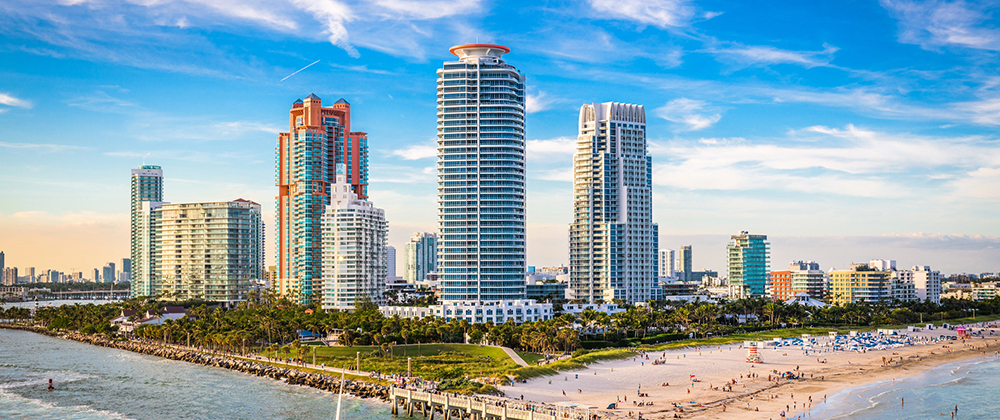Earlier today, the Supreme Court announced that it has decided to hear the case regarding the President’s immigration program that he proposed to the nation in November 2014. Since that time, a federal judge in Texas and the United States 5th Circuit Court of Appeals, blocked this executive action from going forward, alleging that the President usurped his authority. The appeal is now at the fate of the United States Supreme Court Justices, who could hear the case as early as April 2016 and may reach an ultimate decision as soon as June 2016.
This executive action, if finally approved will give the President “executive power” to allow more than 4 million individuals unlawfully present in the country, to obtain work authorization and the right to remain in the United States without the threat of imminent removal or deportation. This initiative, also referred to as Deferred Action for Parent of Americans or DAPA effects families who have a son or daughter who is a United States citizen or lawful permanent resident in the country.
In 2012, the President passed a similar regulation referred to as DACA, or Deferred Action for Childhood Arrivals. This regulation accorded certain privileges for individuals who were brought into the country, as children and remained here undocumented and unlawful. Once the applicant passed an extensive background check, the rights accorded included work authorization, driver’s licenses and social security numbers and certain benefits. DACA affected close to 600,000 young people who were able to remain in the country, without the threat or fear of deportation. This earlier regulation didn’t face as much opposition as DAPA, which has received much publicity and has faced many legal challenges.
Immigration supporters are hopeful that the Supreme Court will sustain the White House’s appeal and allow DAPA to become effective. As recent as three years ago, the same Court voted by a margin of 5 to 3 to give the President and his executive officers broad discretion on the immigration front. Doing so made immigration enforcement the responsibility and discretion of the President. This Supreme Court ruling made the Arizona state law, allowing police officers the broad power to profile and stop civilians in order to check their immigration status, unlawful. The state of Arizona was becoming a fearful place of residence for anyone who could not prove they had lawful immigration status, as they would be subject to questioning and detention by authorities. The Supreme Court case could rest on the issue of legal standing, since the state of Texas has not cited an “injury” in its initial lawsuit. The U.S. Solicitor General Donald Verrilli said that the Texas lawsuit should be thrown out as the states do not have the authority to interfere with federal immigration policy.
President Obama has continued to stress that immigration priorities shouldn’t be the separation of families who have established lives in the United States and are good law abiding citizens. Rather, he supports the enforcement of removal for terrorists, dangerous criminals and gang members. If the Supreme Court votes to allow the President to pass DAPA, it will probably be his last victory on the immigration front before the term of his office expires.



